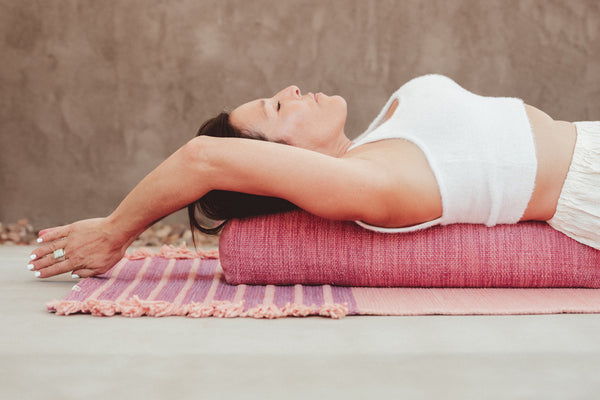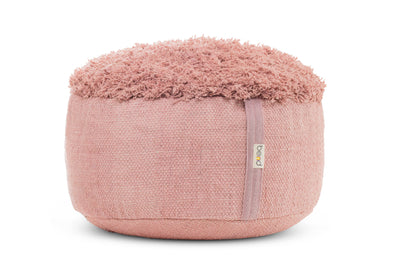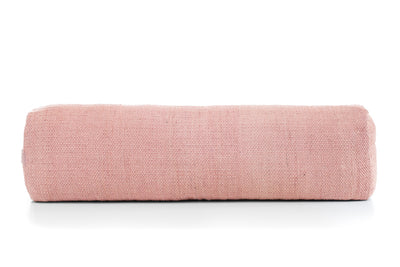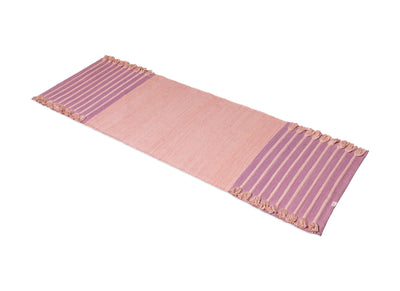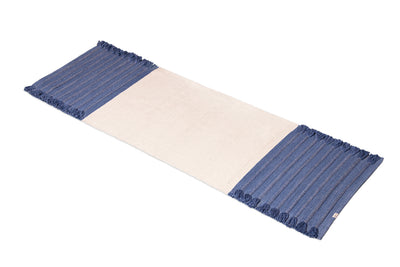Abhyanga- Why This Ancient Ayurvedic Ritual Is A Must In Your Self-Care Routine!
There is no greater expression of self-love than anointing our entire body with warm oil—this is the practice of Abhyanga. Beyond giving your skin that glow-y nourished look, it helps to restore your dosha balance and enhances your well-being. In Sanskrit there is a word that means both oil and love, it’s Sneha. Sneha tells us that being well-oiled and loving yourself is one and the same. It is believed that the effects of Abhyanga are similar to those received when one is saturated with love. Like the experience of being loved, Abhyanga can give a deep feeling of stability, and warmth.
How to practice Abhyanga
When we first learned about covering our whole body in oil as a form of self-care all we could think about was what an absolute mess that seems like and how hard oil stains are to get out. We envisioned being doused in oil and then having no idea what to do with ourselves for the next several hours until my skin soaked up the sesame seed oil. It turns out that is fortunately not the case. There are two different methods when it comes to application: before you shower or after you shower. When you apply before you shower, the oil keeps its integrity and is still able to penetrate and nourish your skin. By the time you are out of your shower, you can comfortably put on your favorite athleisure and continue on with your self-care regimens. If your skin tends to be dry then you can easily practice Abhyanga after you shower because your skin will easily soak up the oil.

Abhyanga is a 15-25 min oil self-massage that is done with patience, intention, and gratitude for your body. Begin by applying a small amount of warm oil to the crown of your head, massaging it into your scalp to promote thick luxurious hair growth. The scalp is home to many marma points or, points of concentrated vital energy. Then apply oil to your third eye and gently massage your face, neck, and ears using circular motions. Massage your chest in broad gentle strokes, apply oil as needed. Use circular motions on your joints like your shoulders, elbows, and knees. Use long strokes following your natural blood circulation patterns on your arms and legs. On the abdomen, follow the path of the large intestine; moving up on the right side of the abdomen, then across, then down on the left side. Finish your Abhyanga practice by massaging your ankles and feet, where many of your nerve endings are. Before entering the shower give yourself 3-5min to allow the oil to absorb into your skin and perhaps send yourself some loving thoughts.

Balancing Doshas through Abhyanga
Abhyanga pacifies Vata and Pitta and stimulates Kapha. Vatas tend to run dry so they can practice Abhyanga post-shower. Pitta and Kapha tend to be more oily so it may be best to apply oils pre-shower. Each Dosha-specific oil can be mixed with jojoba oil to create a Dosha balancing blend.
- Vata Dosha: 4-5 times a week using hydrating oils such as almond, avocado, or sesame.
- Pitta Dosha: 3-4 times a week using cooling oils such as ghee, coconut, or sunflower.
- Kapha Dosha: 1-2 times a week using light oils like safflower, sweet almond, or flaxseed.
Benefits of Abhyanga
-
Reduces stress: In 2011 researchers studied how Abhyanga affects stress in 20 healthy adults. Before receiving a 1-hour Abhyanga massage, the participants completed a stress-related questionnaire and had their heart rate measured. Both tests were repeated after receiving Abhyanga. The researchers found that, after the massage, the participants’ stress levels and heart rate decreased.
-
Promotes self-love: What you think about, you bring about. When you allow yourself the opportunity to speak kindly to yourself, over time you are able to evolve your internal dialogue into one that is radically loving.
-
Lower blood pressure: Massage stimulates the circulatory system by expanding the blood vessels. This reduces resistance in the arteries which causes your blood pressure to lower.
-
Nourishes skin: Using oils + doing a light massage reduces the appearance of wrinkles and scars. It also makes your skin smooth and buttery soft.
-
Lymphatic drainage: Your lymph nodes act as a filter to your body’s waste. They tend to get swollen after injury, surgery, or sickness. A light massage around your lymph nodes encourages the vessels to expand and thus the lymph to drain.
-
Stimulates internal organs: When you massage your abdomen your organs are activated and you are able to stimulate digestion to release toxic buildup. The oils also penetrate through your skin and lubricate your tissue systems.
- Toxin extraction: Toxins are extracted from the skin through a mechanism known as oil pulling. The oils used are able to bind to dirt and grime in your pores, this leaves your skin cleansed and purified.
Beyond Abhyanga with Bennd
When you are able to love, nourish, and balance yourself the whole collective is uplifted. As you begin to practice Abhyanga you will begin to learn new things about your body and your inner dialogue. You may feel resistance at first, but if you continue the practice you will cultivate an intimate and loving relationship with yourself. If you are doing Abhyanga early in the morning to start your day, we recommend doing a vinyasa flow on one of the Bennd yoga mats from our Skin Health Collection to promote alertness in your mind and body. If you are doing Abhyanga in the evening we recommend doing a yin practice using the Bennd Pranayama Pillow.
~ Happy Healing!



